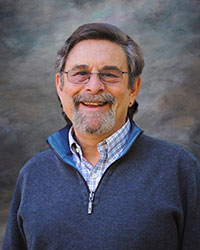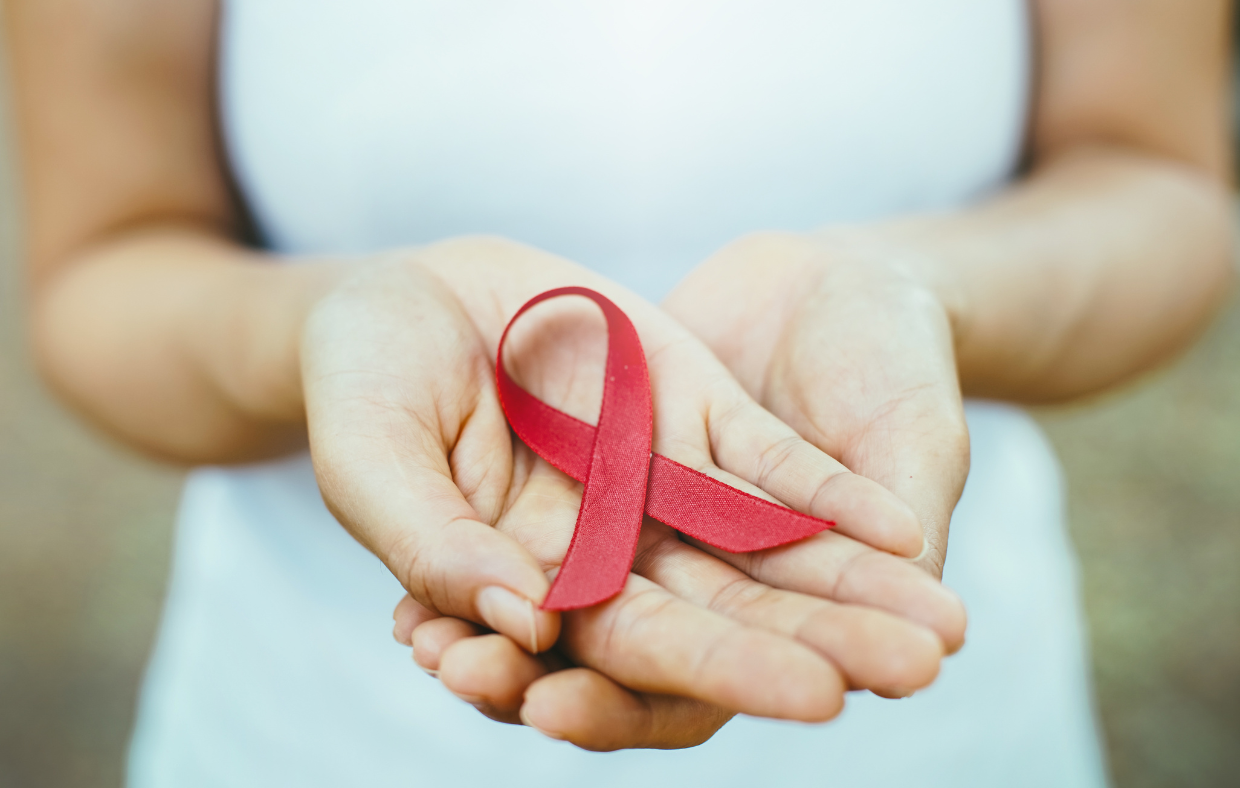December 1 marks World AIDS Day, an annual opportunity to remember those we’ve lost to acquired immunodeficiency syndrome (AIDS), highlight the progress we’ve made, and acknowledge the work that remains. It’s also a time to focus on reducing the stigma surrounding this disease and emphasizing ways to support people living with human immunodeficiency virus (HIV), the virus that causes AIDS.
Better outcomes for patients living with HIV and lower transmission rates
Significant advances in HIV prevention and treatment have resulted in better outcomes for people living with HIV. In the United States, new HIV cases have declined by about 12% from 2018 to 2022, and annual infections have dropped by roughly two-thirds since the height of the epidemic in the 1980s, according to the Centers for Disease Control and Prevention (CDC).
Effective treatments, also known as antiretroviral therapy (ART), are reducing the severity and complications of HIV as well as decreasing the number of new HIV infections. When newly diagnosed persons have rapid access to HIV care and ART, we see reduced levels of HIV (reduced “viral loads”) in their bodies almost immediately. As a result, they have fewer symptoms and are less likely to transmit HIV to others. The availability and effectiveness of these medications is something previous generations could only have dreamed of. For many who are living with HIV under my care, these treatments are so effective that HIV is no longer their biggest medical concern.
Transmission can also be significantly reduced through preventive medications called pre-exposure prophylaxis, or PrEP. Available in both pill and injection form, PrEP lowers the risk of HIV infection dramatically: a 99% reduction of risk from sexual transmission and a 74% reduction from drug transmission, according to the CDC.
Reducing shame and stigma and normalizing testing
Despite this progress, HIV remains prevalent in regions around the world including Sub-Saharan Africa, and many people in the United States continue to live with undiagnosed and/or untreated HIV. Approximately 13% of people with HIV don’t know they have it, according to HIV.gov.
While new HIV cases have dropped significantly in many regions, disparities remain. Outcomes for African Americans and for Latino individuals with HIV are worse than those for white people. In the southern U.S., cases remain higher than elsewhere in the country. In certain subpopulations, stigma and shame associated with HIV can result in a reluctance to seek testing or treatment, or even to divulge their HIV-positive status to their sexual partners. Thus, stigma is a very real and concerning factor that contributes to transmission and to late diagnosis and treatment.
The CDC recommends that every adult be tested for HIV at least once in their lifetime, regardless of perceived risk. Normalizing HIV testing can have major public health benefits. While most people will test negative—fewer than 0.1% of routine tests lead to a diagnosis—there are still many people living with undiagnosed HIV, some of whom may not even know how they contracted the virus.
Incorporating routine HIV testing into regular healthcare helps identify undiagnosed cases and connect people with effective treatment. The more we normalize testing and raise awareness about available treatments, the more we reduce stigma and help people access the care they need.
Accessing HIV care locally
While HIV is a treatable disease, it is not yet curable. However, resources and treatment are available to everyone in our community. Community health centers like MCHC provide care for all people, regardless of insurance status or ability to pay.
Individuals who have been diagnosed with HIV can call MCHC and ask to be connected with our nurse case manager for HIV care. People who want to be tested for HIV can call our main call center to schedule an appointment with a primary care provider. All of our primary care providers can screen patients for options like PrEP, and if appropriate, refer patients to our HIV care program.
In the 40+ years since the first known cases of AIDS were reported, more than 32 million people have died of AIDS-related illness. As we continue moving toward a future where there are no new cases of HIV and everyone living with HIV receives medical care and treatment, getting tested, getting treatment, and talking honestly and supportively about HIV within our communities can help us move toward ending this epidemic.

David Gorchoff, MD, MPH, is an HIV specialist through the American Academy of HIV Medicine, a fellow through the American Academy of Family Physicians, and a staff physician at MCHC’s Lakeview Health Center. MCHC’s HIV program information is available at mchcinc.org/services/hiv-care. MCHC’s other locations include Hillside Health Center and Dora Street Health Center in Ukiah and Little Lake Health Center in Willitts.
MCHC is a community-based and patient-directed organization that provides comprehensive primary healthcare services as well as supportive services such as education and interpretation to promote access to healthcare.

 MyChart Login
MyChart Login

